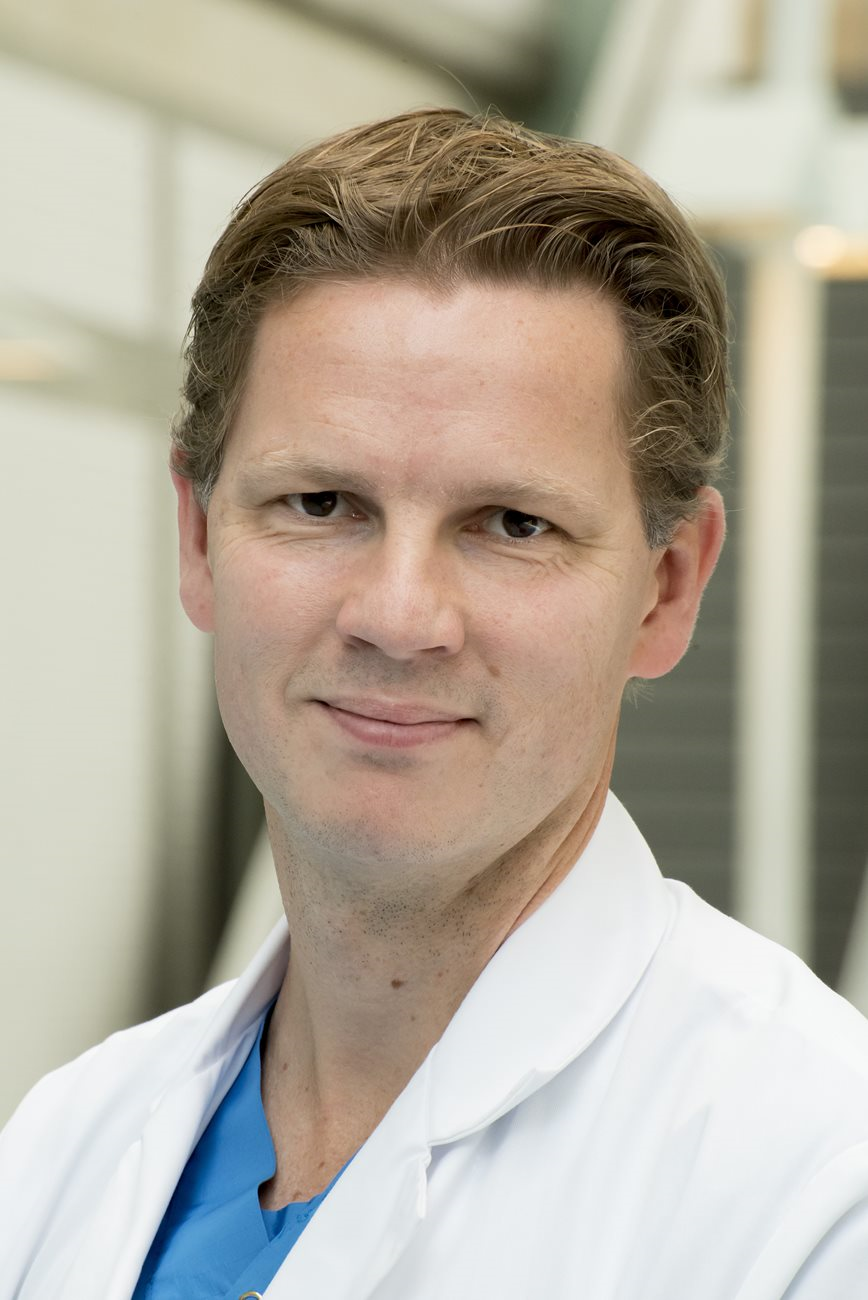Structural heart disease
Adult Congenital Heart Disease (ACHD), Percutaneous intervention, Transcatheter Aortic Valve Implantation (TAVI)
Research aim
Research efforts within our group aim to improve outcome of adult patients with congenital and acquired structural heart disease. With continuous advances of percutaneous treatment of structural heart disease we aim to a decrease heart failure.
About us
With our research group of Structural Heart Disease, we aim to reduce complications and improve clinical outcome of percutaneous interventions in the patient population with acquired and congenital heart disease, using both registries as well as randomized controlled clinical trials. In Transcatheter Aortic Valve Implantation (TAVI), we investigate antithrombotic therapy, the occurrence of conduction disturbances and novel valve platforms. Also, we investigate the role of concomitant coronary artery disease in patients with severe aortic valve stenosis. Omitting a percutaneous coronary intervention may reduce the amount of complications in this fragile patient population. We anticipate that TAVI will further expand to a younger patient population. Therefore, reducing periprocedural complications and improving clinical outcome and durability of the procedure is of imminent importance. In adult patients with congenital heart disease we investigate the effects of valve replacement on cardiac function an patient clinical outcome. Since this concerns a young patient population the timing of intervention is crucial. Finally, combining research outcomes and clinical experience in percutaneous interventions in patients with congenital as well as patients with acquired heart disease results in improvements of clinical outcome, that reinforce each other exponentially.

